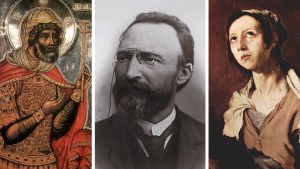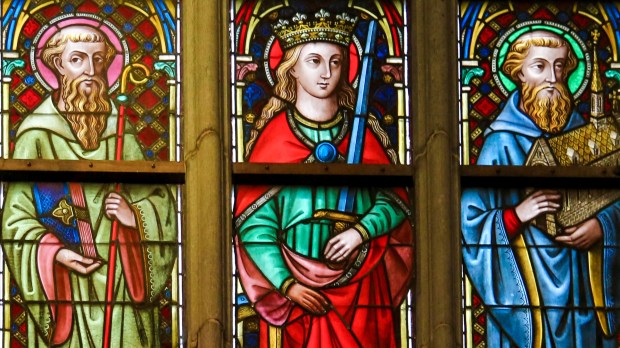A canonized saint in the Catholic Church is a person who is officially recognized as having lived a life of heroic virtue while on earth.
The word itself is derived from the Latin word sanctus, meaning “holy,” and in general refers to all the faithful who strive after a life of holiness.
However, the most common usage is in referring to those men and women who lead exemplary lives of holiness.
The Catechism of the Catholic Church explains why the Church often singles out specific individuals with this title.
Were saints perfect?
Canonization doesn’t mean that the individual was perfect. Only Jesus and the Blessed Mother were conceived without the stain of sin and led lives of absolute perfection.
The key word in this discussion of saints is “heroic” virtue and refers to the saint’s ability to overcome sinful tendencies and temptations. They weren’t immune to sin, and many of them had to struggle for years to conquer their sinful passions.
Saints weren’t perfect. They made mistakes just like everybody else. What sets them apart with the title “saint” in the Catholic Church is that they did not stay down when they fell. By God’s grace, these holy men and women stood up, brushed off the dirt and kept moving forward. That is why we imitate them.



